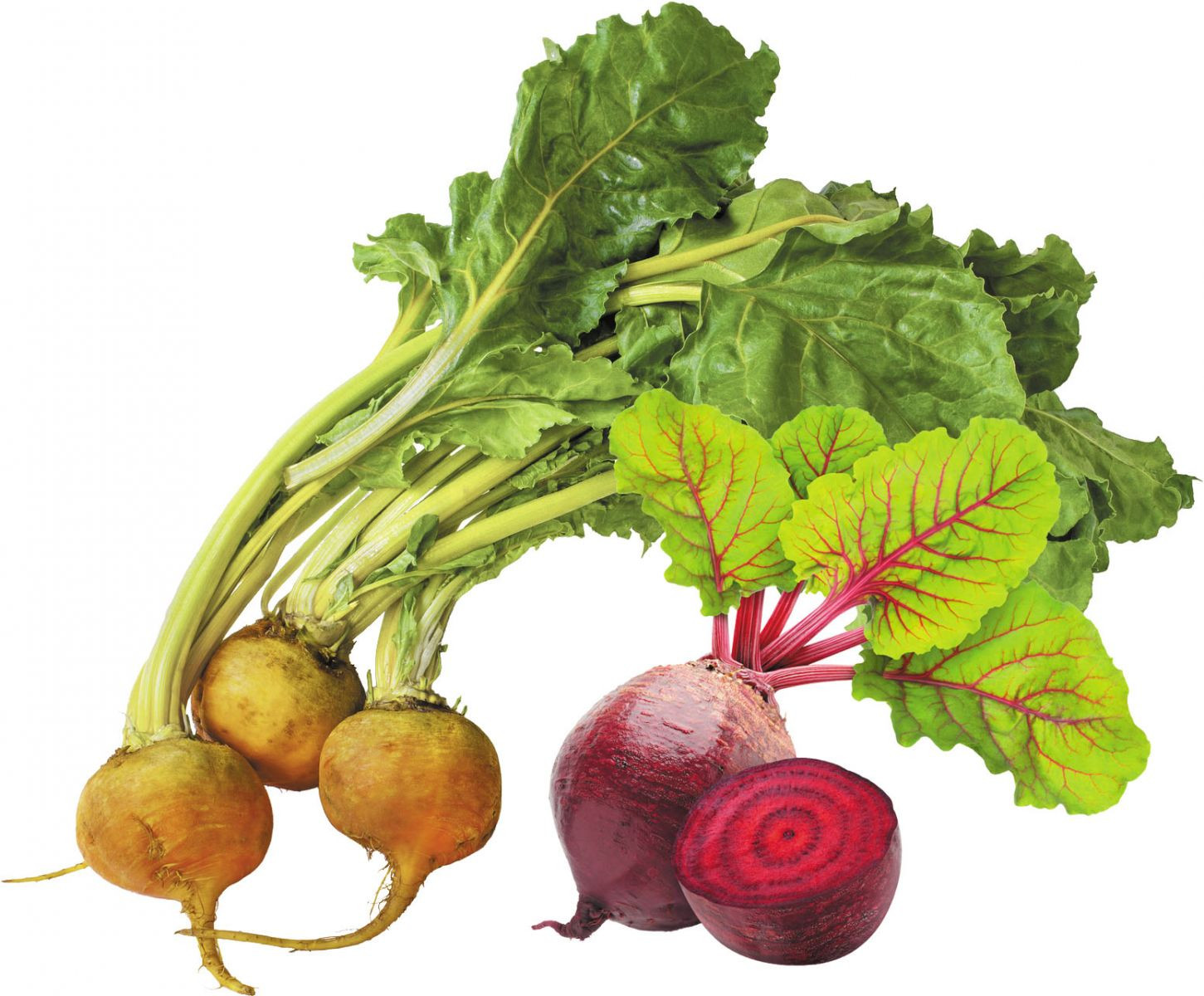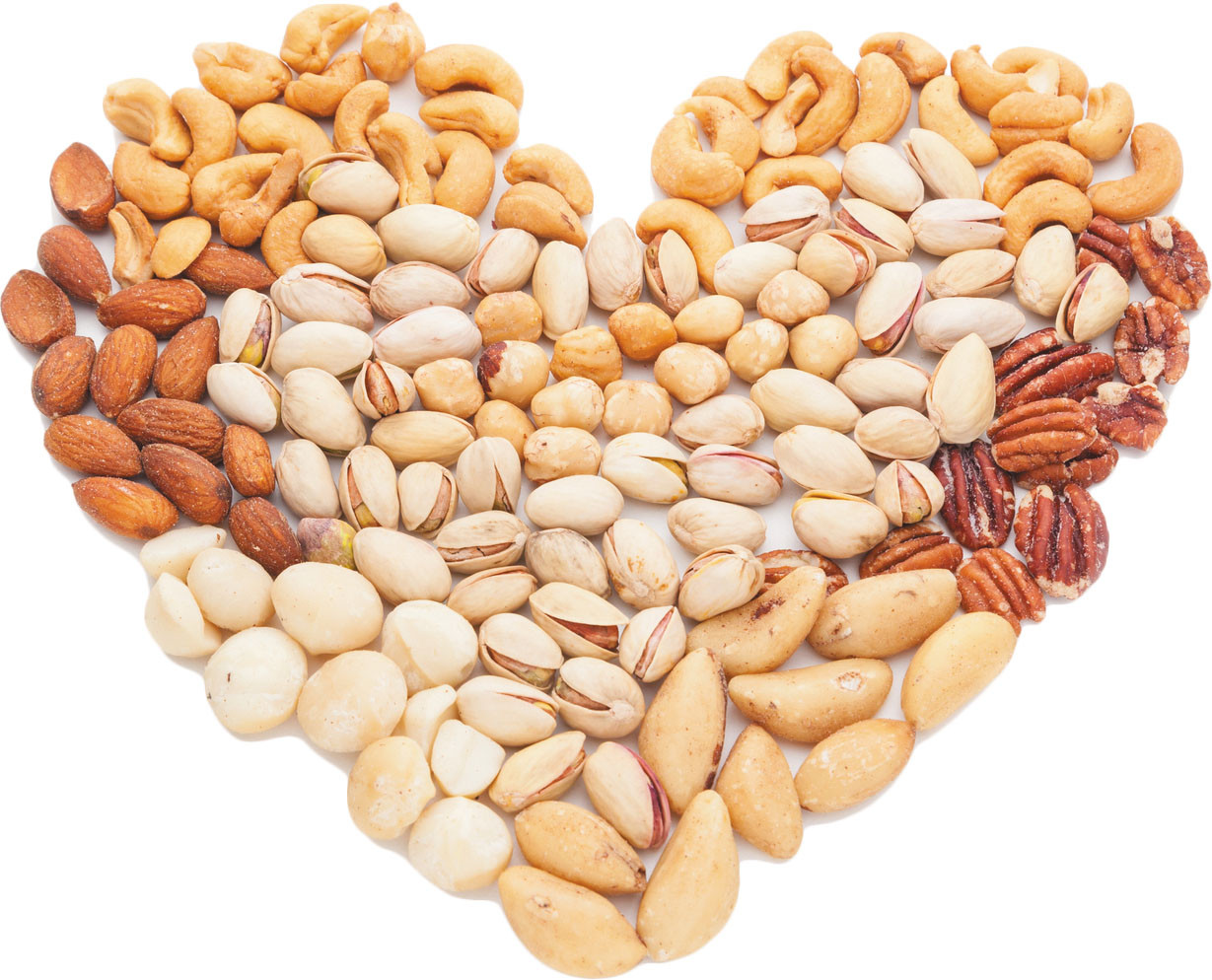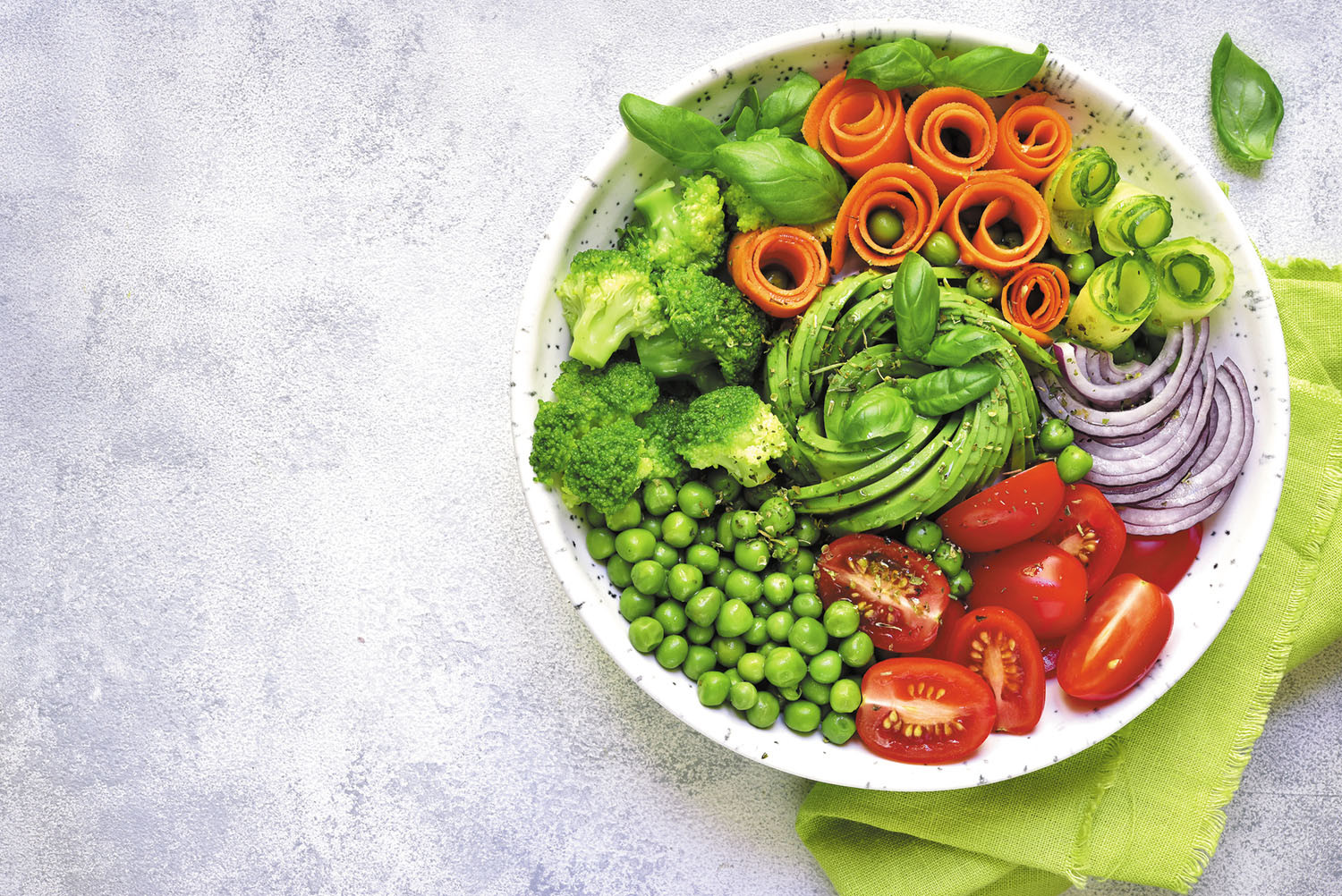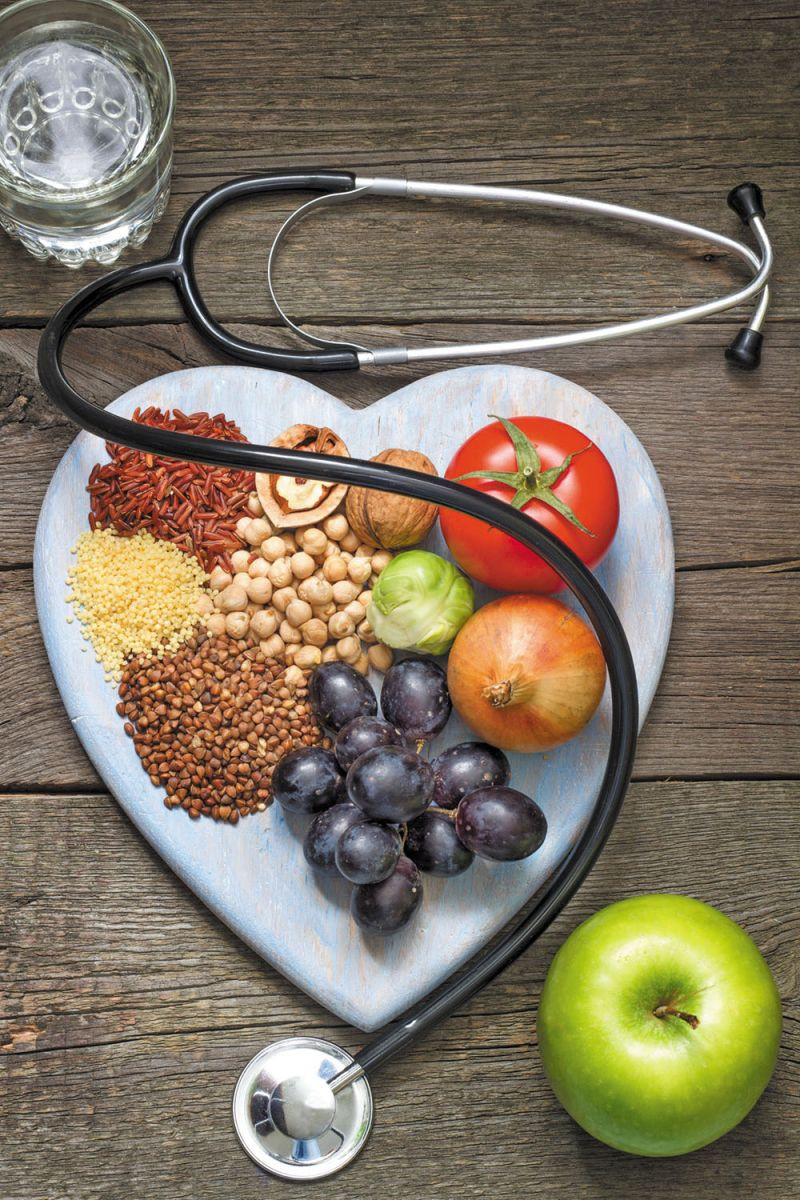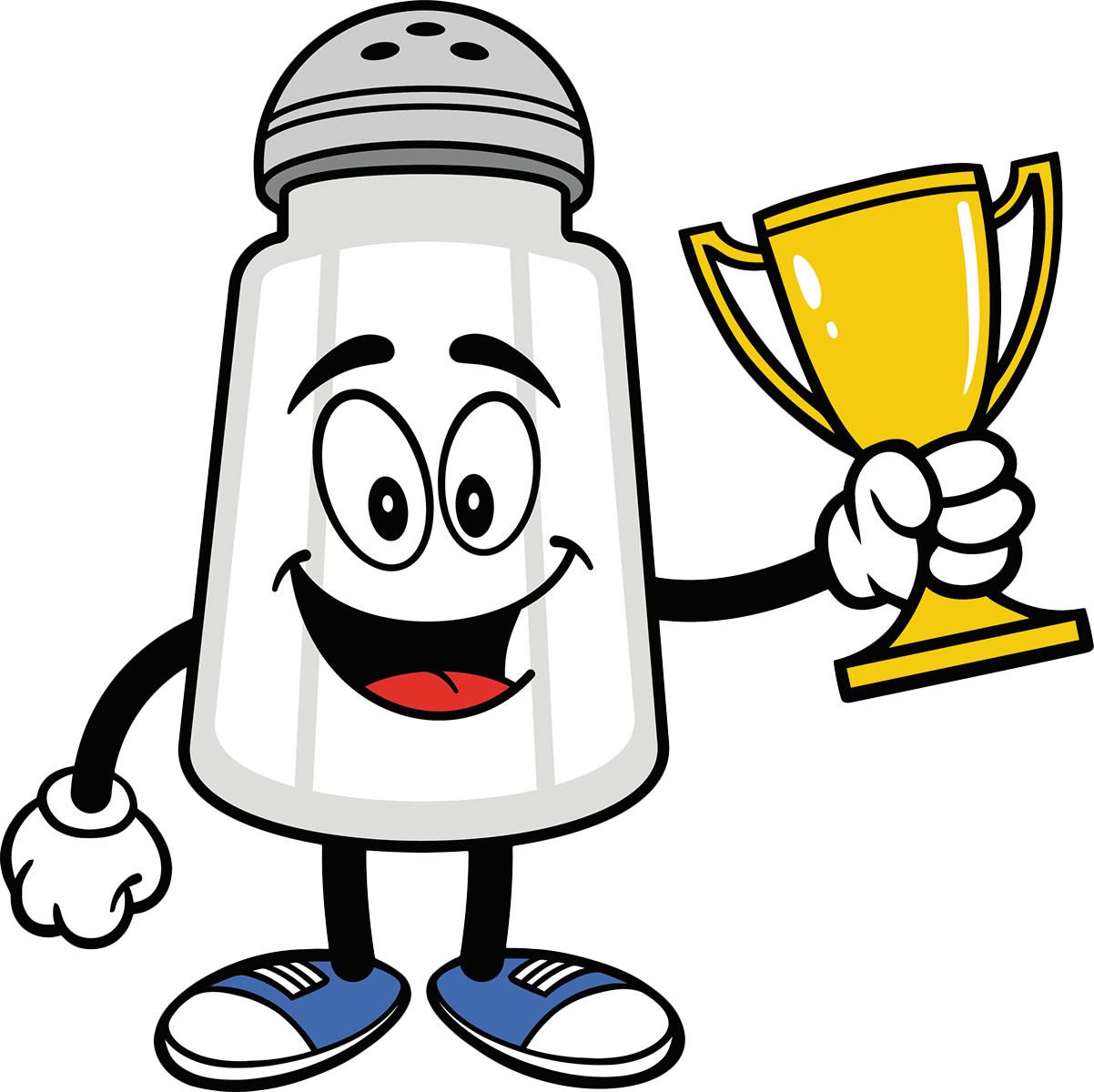
New thinking about plaque in arteries that feed the brain

Want to prevent shifting teeth? Maybe you need retainers

What you need to know about the new dietary guidelines

Food that’s healthier for people and planet can be cheaper, too

New evidence that polyphenol-rich foods help the heart

8 simple ways to reduce ultra-processed foods in your diet

How to curb your stress eating

How to spot Parkinson’s disease symptoms

Heart failure symptoms in women: How they’re different

GERD diet: Foods to avoid to reduce acid reflux
Nutrition Archive
Articles
Sugary drink consumption appears to be down, but is it low enough?
News briefs
Here's some encouraging news about how many sugary drinks we're guzzling in the United States: an observational study led by Harvard researchers, published online Nov. 14, 2017, by Obesity, suggests that consumption of sugar-sweetened beverages fell significantly between 2004 and 2014. Researchers looked at data collected from more than 18,000 children and teens and more than 27,000 adults ages 20 or older. Every two years, people were asked about the kinds of drinks they'd had in the previous 24 hours, such as soda or juice. About 60% of kids and 50% of adults reported drinking a sugary beverage on any given day in 2014, down from 80% of kids and about 62% of adults in 2004. The percentage of adults ages 60 or older who reported drinking a sugary beverage on any given day dropped from 46% in 2004 to 39% in 2014. While the declines are a step in the right direction, consumption of these drinks was still highest among those at higher risk for obesity, such as African American and Hispanic participants (across all age groups). Remember: the average can of soda has about 40 grams of added sugar, far more than the American Heart Association's recommended limit of 24 grams of added sugar per day for women, and 36 grams per day for men. Consuming too much added sugar is associated with weight gain and an increased risk for developing type 2 diabetes and a heart attack.
Vegetable of the month: Beets
Image: EvergreenPlanet; © Anna Kucherova/Thinkstock
Despite their striking colors — ruby red, golden yellow, and even candy-striped — beets aren't exactly the most popular vegetable on the block. But what if you make them sound more enticing? It turns out that people may eat more "dynamite chili and tangy lime-seasoned beets" than plain old "beets."
In a study done at a Stanford University cafeteria, researchers found that people ate about 25% more vegetables if the selections were described in indulgent terms rather than basic or healthy terms (such as "lighter-choice beets with no added sugar") even though all the dishes were prepared exactly the same way. Other examples of indulgently named veggie dishes included "zesty ginger-turmeric sweet potatoes" and "sweet sizzlin' green beans and crispy shallots." So if you're hoping to entice friends or family to try beets (or other vegetables), add some appealing adjectives to the description.
Eating a daily serving of nuts linked with lower risk of heart disease
In the journals
Image: © vorclub/Thinkstock
Eating nuts has been linked with a lower risk of heart disease. Now, the largest study to date on the subject suggests that regular consumption, and not any specific nut, offers the greatest benefit. The research, published online Nov. 13, 2017, by the Journal of the American College of Cardiology looked at more than 210,000 people who shared information on their eating habits and health over a 32-year period.
The results showed that those who ate nuts — such as peanuts or tree nuts like walnuts, almonds, and cashews — on a daily basis had a much lower risk of developing cardiovascular disease or coronary artery disease compared with people who rarely or never ate nuts.
Can you make up for years of poor eating?
Even if you can't, you can still substantially reduce your risk of heart attack and stroke through lifestyle changes and certain medications.
In your 20s, maybe you sometimes chose fast-food burgers and fries over healthier foods. Perhaps in the decades that followed you pursued a series of fad diets, questionable lifestyle choices, and too many days when you skipped your workout in favor of the couch.
You're now repenting for the sins of the past, but the question is, can you undo the damage? Can you unclog clogged arteries (otherwise known as atherosclerosis) and reduce your risk of heart disease in the process?
Most Americans don’t eat enough fruits and veggies
Research we're watching
Image: © Lilechka75/Thinkstock
If you’re like most Americans, you aren’t eating enough fruits and vegetables, according to the CDC. A study published in the CDC’s Nov. 17, 2017, Morbidity and Mortality Weekly Report shows only about one in 10 adults meets federal recommendations, which call for most women to eat 1.5 cups of fruit and between 2 and 2.5 cups of vegetables each day.
"In 2015, just 9% of adults met the intake recommendations for vegetables, ranging from 6% in West Virginia to 12% in Alaska. Only 12% of adults met the recommendations for fruit, ranging from 7% in West Virginia to 16% in Washington, D.C.," reported the CDC.
Is your diet sabotaging your mobility?
You might be surprised to learn that what you eat affects your ability to move.
- The nutrients in the food you eat help your body build bone, power muscle, repair and replace tissues, and keep your brain active and your heart pumping.
- Your diet also influences your chances of developing chronic diseases such as type 2 diabetes, heart disease, and osteoporosis — all of which can compromise your well-being and hinder your ability to live an active and independent life.
- Eating the right foods is important, but so are how much you eat and how well you balance the calories you take in with those you burn off. Simply being overweight can make it more difficult to move easily in your day-to-day activities.
Keys to healthy eating
There is no shortage of diet books and healthy eating plans that claim to help you slim down and live a longer and healthier life. But healthy eating is surprisingly simple.
Small diet tweaks can help your heart and overall health
Add these simple changes to your list of New Year's resolutions.
Diet plays a huge role in the health of your heart. Yet for many people, healthy eating is a challenge. Perhaps the biggest problem is the easy access to cheap, highly processed, unhealthy junk food. But conflicting and confusing nutrition advice from popular books, blogs, and other sources is a close second. And chances are your doctor has neither the time nor the training to give you sound nutrition advice.
"People also think that changing their diet requires a major overhaul," says Dr. JoAnn Manson, professor of medicine at Harvard Medical School and chief of preventive medicine at Brigham and Women's Hospital. "But the reality is that a few small changes can go a long way toward improving your eating habits," she says. See "Diet swaps for a healthier heart" for a summary of these suggestions, taken from a piece she coauthored in the Sept. 26, 2017, Journal of the American Medical Association.
Skipping breakfast linked to higher odds of clogged arteries
Research we're watching
New research supports the old adage that breakfast is the most important meal of the day. A study of more than 4,000 middle-aged adults in Spain found that those who ate breakfast were less likely to have artery-clogging plaque (atherosclerosis) than those who avoided a morning meal.
On average, the participants ate just over 2,300 calories per day. Nearly 3% didn't eat breakfast, while about 27% ate a hearty breakfast and nearly 70% ate a skimpier breakfast. Researchers used ultrasound to check their arteries for early evidence of atherosclerosis, as they described in the October 2017 Journal of the American College of Cardiology.
And the winner for highest sodium content goes to…
Research we're watching
You've heard of the Grammys and the Emmys, but how about the MilliGrammys? This satirical award is given by the Center for Science in the Public Interest (CSPI) to the American restaurant foods that give you the biggest dose of sodium in one serving. On Oct. 11, 2017, the organization gave the award for Sodium Content in a Sandwich by a Chain Restaurant to Subway's Footlong Spicy Italian with Provolone and Mayo, with 3,380 milligrams (mg) of sodium, 1,080 mg more sodium than you're supposed to eat in an entire day. Most Sodium in a Single Menu Item went to P.F. Chang's Pad Thai with Shrimp (5,250 mg of sodium), and Chili's restaurant received a Lifetime Achievement Award for a trio of high-salt offerings, including the Beef Bacon Ranch Quesadilla (3,990 mg of sodium), Crispy Fiery Pepper Crispers (6,240 mg), and Texas Dry Rub Ribs (6,260 mg).
CSPI's goal is to raise awareness and get restaurants to curb high sodium levels in their food. To learn more about the awards, visit www.health.harvard.edu/mga.

New thinking about plaque in arteries that feed the brain

Want to prevent shifting teeth? Maybe you need retainers

What you need to know about the new dietary guidelines

Food that’s healthier for people and planet can be cheaper, too

New evidence that polyphenol-rich foods help the heart

8 simple ways to reduce ultra-processed foods in your diet

How to curb your stress eating

How to spot Parkinson’s disease symptoms

Heart failure symptoms in women: How they’re different

GERD diet: Foods to avoid to reduce acid reflux
Free Healthbeat Signup
Get the latest in health news delivered to your inbox!
Sign Up

